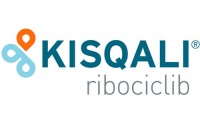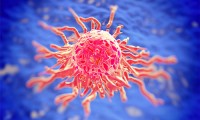-
FDA approves Mevion’s Hyperscan pencil beam scanning technology
- Source: MDBR
- 538
- January 8, 2018
-
Next-generation medical scanning
- Source: ScienceDaily
- 519
- January 8, 2018
-
BioNTech raises $270M A round to fuel mRNA, CAR-T R&D
- Source: fiercebiotech
- 639
- January 5, 2018
-
Precision editing of gut bacteria– Potential way to treat colitis
- Source: sciencedaily
- 557
- January 5, 2018
-
Scholar Rock scoops $47M to trial SMA drug
- Source: fiercebiotech
- 486
- January 4, 2018
-
After disappointing 2016, new drug approvals roared back to life in 2017
- Source: fiercebiotech
- 615
- January 4, 2018
-
The Healthcare Technology Winners of 2017
- Source: hcanews
- 484
- January 1, 2018
-
Study explores impact of obesity on bone marrow cells
- Source: medicalxpress
- 511
- December 28, 2017
-
Roche snags another Perjeta combo nod, but will ‘weak’ data limit its use?
- Source: fiercepharma
- 553
- December 28, 2017
your submission has already been received.
OK
Subscribe
Please enter a valid Email address!
Submit
The most relevant industry news & insight will be sent to you every two weeks.













